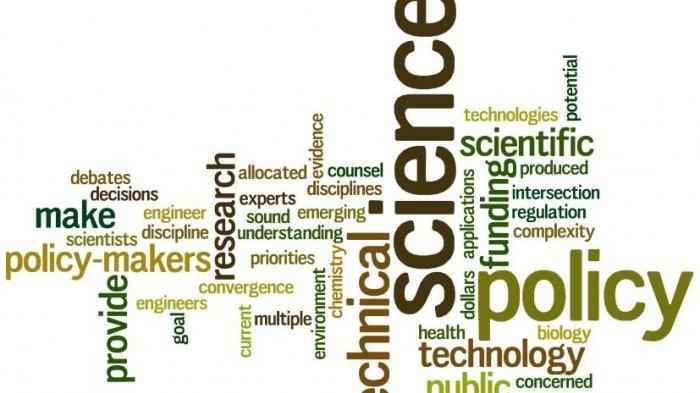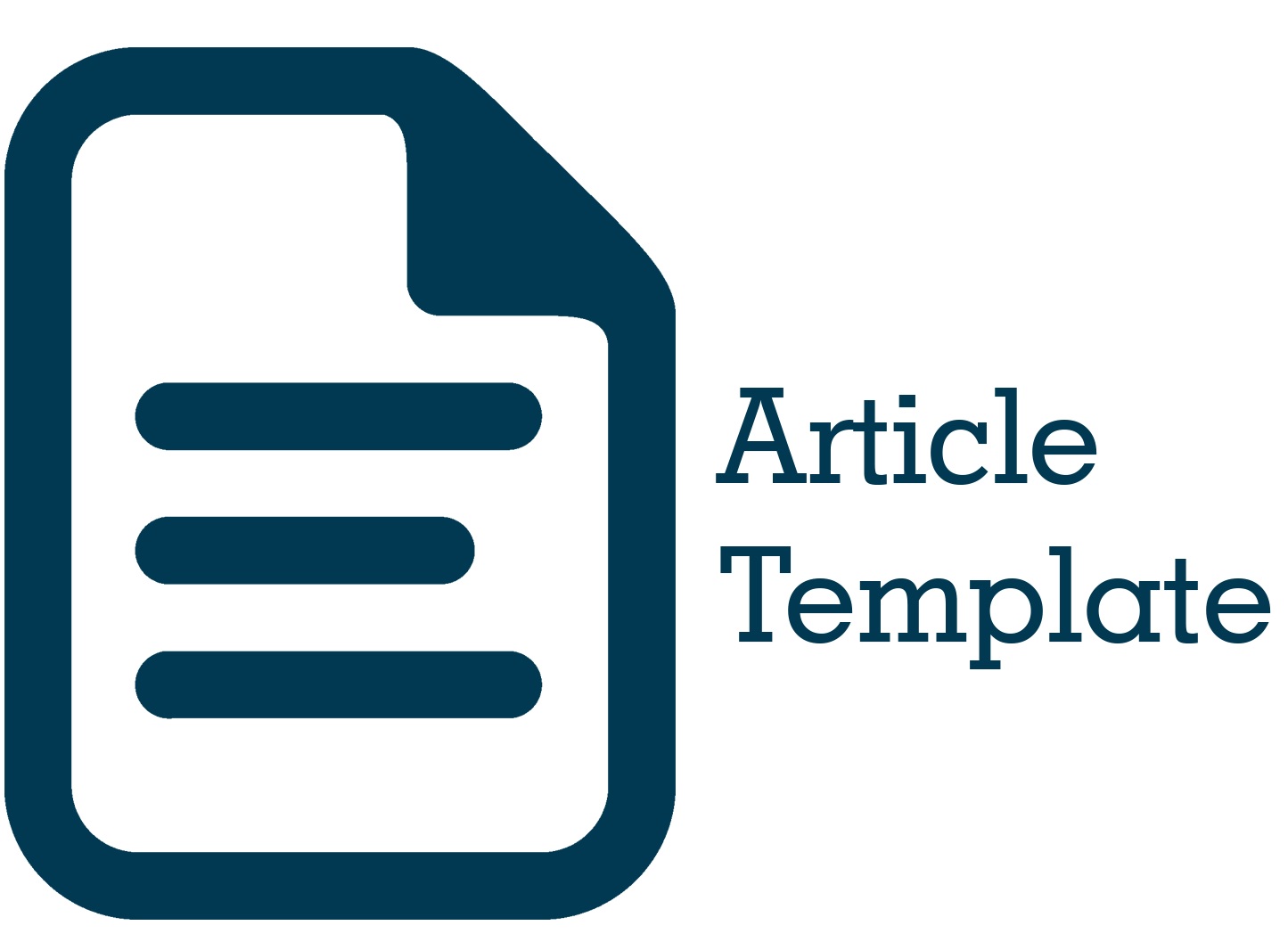Perangkat Pembelajaran Usaha dan Energi Berbasis STEM Terintegrasi Kearifan Lokal Timba Laor di Desa Allang Kabupaten Maluku Tengah
DOI:
https://doi.org/10.51135/PublicPolicy.v2.i1.p75-87Keywords:
Perangkat pembelajaran, STEM, Timba Laor, Usaha dan EnergiAbstract
21st-century learning should include STEM to grow interested in the Indonesian nation to love and master science, technology, engineering, and mathematics. They are included in it for physics learning. STEM is a practical learning approach because it combines knowledge, mathematics, technology, and techniques. This aim to make students as problem-solvers, inventors, have innovation, independent logical thinking, technological literacy, connect their culture and history with education, and apply their knowledge in real life. Thus, it is necessary to implement STEM-based learning integrated lokal wisdom /culture of the community in which the learners are located. One of the lokal wisdom of coastal communities in Maluku is Timba Laor. This research aims to develop a High School Physics Learning Tool business concept, and STEM-based Energy integrated lokal wisdom Timba Laor in the village of Allang Central Maluku district, a valid, practical, and effective Plomp model. The stages of mining carried out in this research activity are the development of high school physics learning tools business concept and STEM-based Energy integrated lokal wisdom Timba Laor in the village of Allang Central Maluku District. Test models by providing surveys of physics teachers to empirically validate the learning devices that have been compiled, analyzed, and revised. The resulting product is a learning device physics high school concept business, and energy-based STEM integrated lokal wisdom.
Keywords : Business and Energy, Learning Tools, STEM, Timba Laor
Downloads

Downloads
Published
How to Cite
Issue
Section
License
Authors whose manuscripts are published in the Journal of Public Policy must agree to the following terms;
- Publication rights for all manuscript materials published are held by the editorial board with the author's consent.
- The legal formalities for digital access to the Journal of Public Policy are subject to the Creative Commons Attribution Sharealike (CC BY SA) license, which means the Journal of Public Policy has the right to store, redistribute, reformat, manage in a database, maintain, and publish the manuscript without seeking permission from the author as long as the author's name is included as the copyright owner.
- Published manuscripts are open access for the purpose of disseminating research results. Besides this purpose, the editorial board is not responsible for copyright law violations.


.png)



